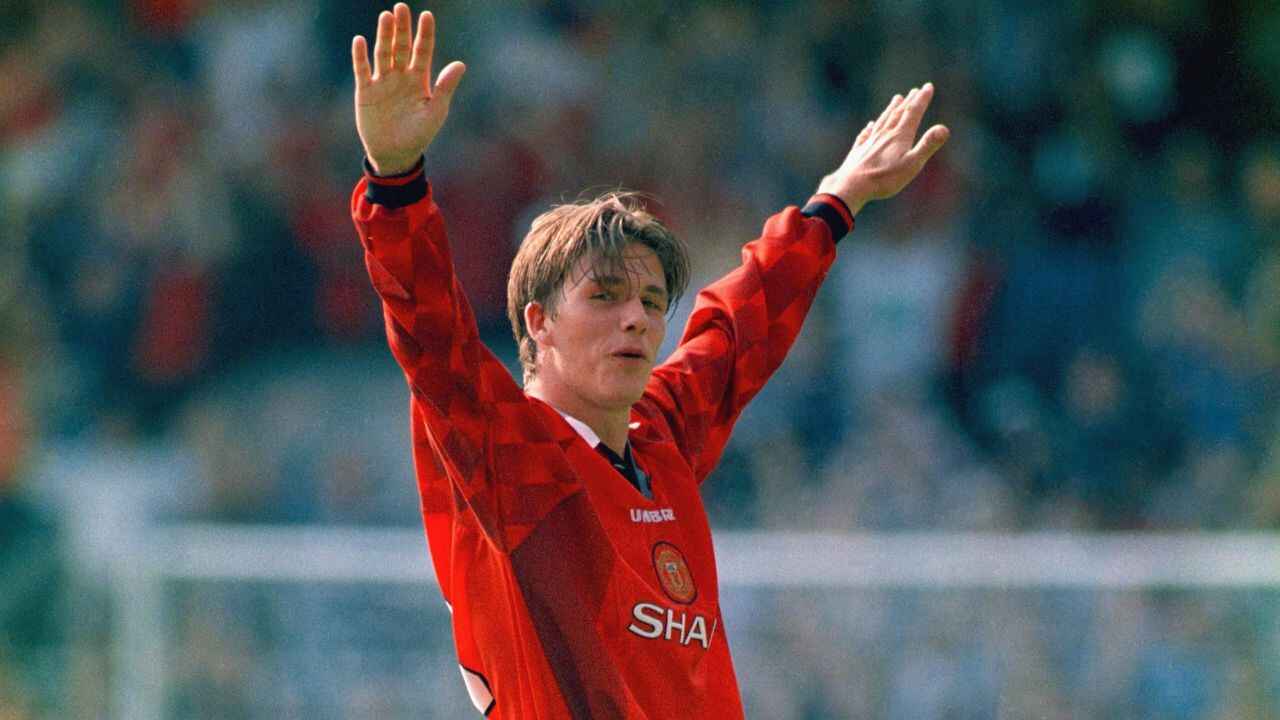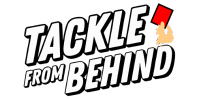David Beckham wasn’t just a great footballer. He became something bigger—football’s first truly global superstar.
His journey from a young academy player at Manchester United to building a $90 million-a-year business empire shows how football and fame can merge to create a brand unlike anything the game had seen before.
What makes his rise even more extraordinary is that Beckham never won a Ballon d’Or. Yet, in terms of fame and cultural impact, few players in history can stand beside him
Beckham’s story is more than just free-kicks and trophies. It’s about timing, smart decisions, and knowing how to turn a football career into a worldwide phenomenon.
David Beckham: From Old Trafford to Global Icon
Beckham’s Rise at Manchester United
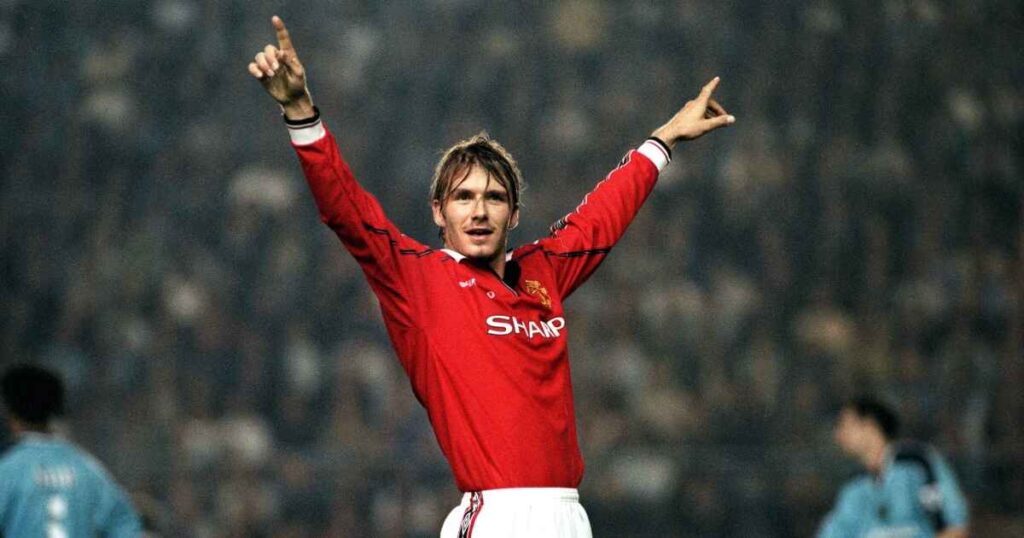
Every superstar needs a stage, and Beckham found his at Old Trafford.
He was part of Manchester United’s famous “Class of ’92,” alongside Ryan Giggs, Paul Scholes, and Gary Neville. But unlike his teammates, Beckham had something extra—global appeal.
On the pitch, he delivered big moments:
- 1996: Scored that famous halfway-line goal against Wimbledon.
- 1999: Key player in United’s historic treble, lifting the Premier League, FA Cup, and Champions League.
- 6 Premier League titles between 1995–2003, cementing his legacy.
At the same time, the Premier League was exploding globally. Manchester United became the face of English football, and Beckham—thanks to his free-kicks, tireless work rate, and iconic No.7 shirt—became the face of Manchester United.
The Posh & Becks Effect
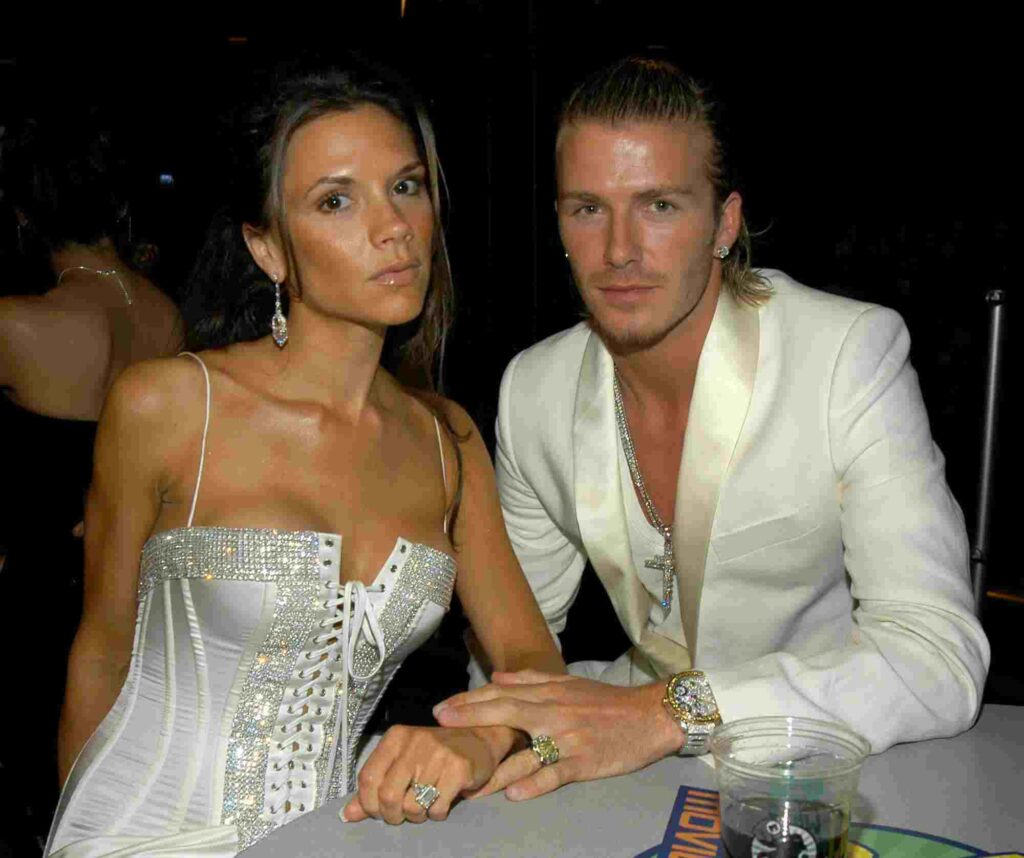
Football gave Beckham recognition. But pop culture made him a superstar.
In 1997, his relationship with Victoria “Posh Spice” Adams made headlines everywhere. The tabloids couldn’t get enough of “Posh & Becks,” and their marriage in 1999 only amplified the hype.
Suddenly, Beckham wasn’t just a footballer—he was a household name across continents.
This crossover into celebrity culture was crucial. Unlike Liverpool’s “Spice Boys” era players, Beckham balanced fame and football.
Even after the red card against Argentina in the 1998 World Cup made him England’s villain, he bounced back to captain his country and lead them for the next decade.
The Real Madrid Galáctico
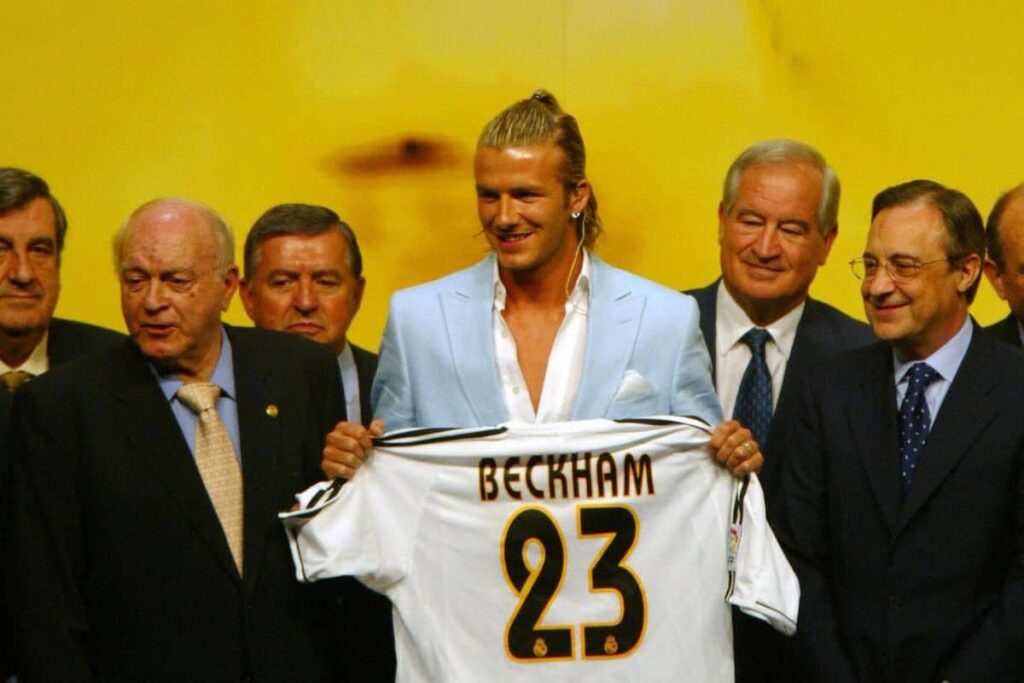
By 2003, Beckham was ready for the next step. His move to Real Madrid wasn’t just about football—it was about global reach.
Florentino Pérez’s “Galáctico” project was designed to blend football and entertainment. Alongside Zinedine Zidane, Ronaldo, Luís Figo, and Roberto Carlos, Beckham became part of a team that was as much a brand as a football club.
Even though he won only one La Liga title and a Supercopa de España at Madrid, the impact was far greater off the pitch.
Beckham’s image was everywhere—from billboards to fashion campaigns. He was the most marketable footballer in the world.
Sir Alex Ferguson later admitted:
“From the moment he got married into that entertainment scene, his life was never going to be the same. He is such a big celebrity, football is only a small part.”
That was the point—Beckham wasn’t just playing football anymore, he was playing the fame game better than anyone.
Conquering America and MLS
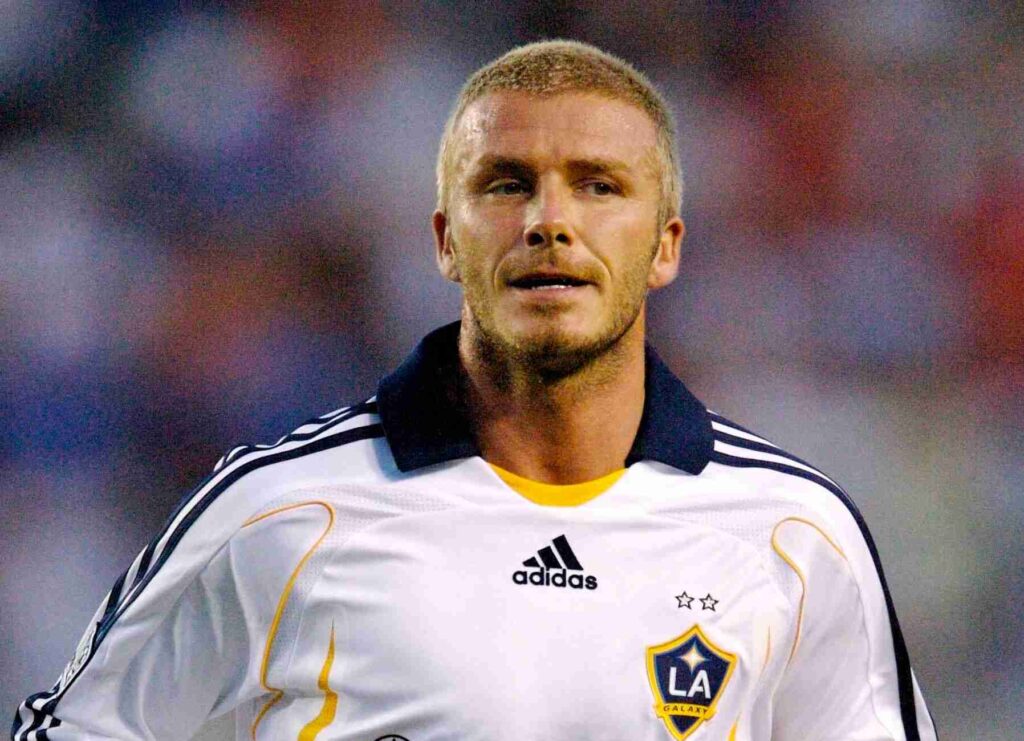
The real turning point came in 2007 when Beckham signed for LA Galaxy. At the time, many thought it was an early retirement. But in reality, it was his smartest career move.
The MLS deal wasn’t just a record-breaking $250 million package (including endorsements). It also included a unique clause: Beckham could buy an MLS expansion franchise in the future for just $25 million.
That clause became the foundation of Inter Miami CF, the club he co-owns today.
In America, Beckham achieved what no footballer had before—he made soccer mainstream conversation.
He appeared on talk shows, launched fragrance lines, and grew into an A-list celebrity while still lifting trophies, including two MLS Cups with LA Galaxy.
Like the Beatles and Rolling Stones before him, Beckham “broke America”—and football went along with him.
Beckham’s Business Empire
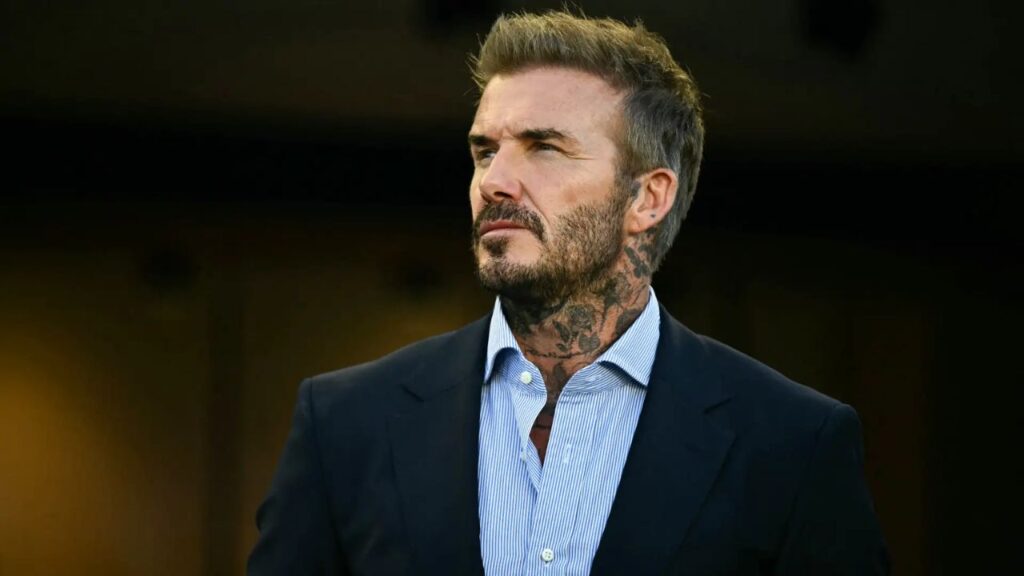
Even after retirement in 2013, Beckham didn’t fade away. If anything, his brand grew stronger.
His commercial empire today sits under DJRB Holdings, which controls multiple ventures:
- DB Ventures Ltd – Licensing and sponsorships.
- Seven Global LLP – Beckham-branded products (fragrances, eyewear, fashion).
- Studio 99 – His production company (behind his Netflix documentary).
In 2022, Beckham sold a 55% stake in DB Ventures to Authentic Brands Group (ABG)—the same company that manages the likeness of Muhammad Ali, Marilyn Monroe, and Shaquille O’Neal—for around £200 million. This move turbocharged his global licensing output.
Some highlights of Brand Beckham today:
- Coty Fragrances: $50m annual retail sales.
- DB Eyewear (Safilo partnership): Successful global line promoted via Beckham’s platforms.
- IM8 Wellness: A Supplements brand launched with tennis star Aryna Sabalenka.
In 2023, DB Ventures reported $91.2m in annual revenue, proving Beckham now makes more from his brand than he ever did kicking a ball.
FAQs
Q: Why is David Beckham called football’s first global superstar?
He successfully combined football success with pop culture, fashion, and business, making himself a household name worldwide.
Q: What was the most important move in Beckham’s career?
His 2007 transfer to LA Galaxy, which gave him global exposure in America and the clause to own Inter Miami.
Q: How much does Beckham earn from his brand today?
Through licensing and ventures, Beckham’s empire generates around $90m per year.
Conclusion
David Beckham’s journey is proof that football alone doesn’t create a global superstar—it’s about timing, personality, and smart business moves.
From Manchester United glory to the Real Madrid Galácticos, from conquering America with LA Galaxy to owning Inter Miami, Beckham turned his career into something bigger than the game.
He was ahead of his time, creating the blueprint that modern superstars like Messi, Ronaldo, Mbappé, and Haaland continue to follow.
And even today, commercially, no one comes close to him—except perhaps Cristiano Ronaldo.
“Brand Beckham” is still going strong, reminding us that sometimes the most valuable goals aren’t scored on the pitch—they’re scored in boardrooms.

